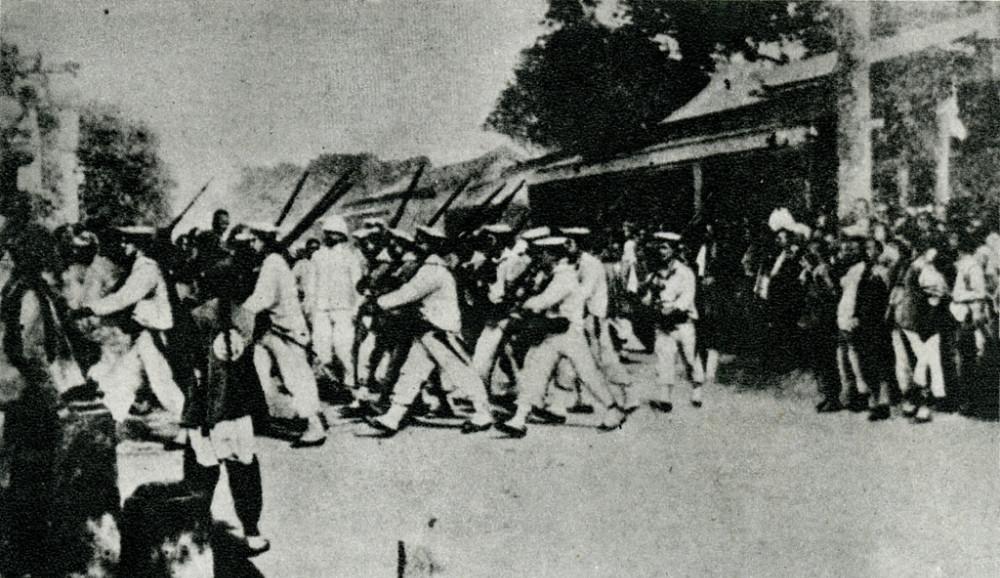The First Opium War can be said to have opened the prelude to China's modern history, the signing of the Treaty of Nanking, the Qing government both paid compensation and cut land, in the face of this dilemma, why did the Qing Dynasty still not seek change under the oppression of the great powers?

Unequal treaties had little impact on the Qing Dynasty
Although the Treaty of Nanjing allowed Daqing to pay 21 million taels of silver, it was not greatly affected according to the annual revenue of Daqing at that time, and this indemnity was repaid in four years. The Qing Dynasty had already opened some ports before the signing of the contract, and the contract only further increased the number of open ports. Hong Kong was an uncivilized and barbaric land for the Qing Dynasty at that time, and it is no exaggeration to say that the Daoguang Emperor at that time did not even care about this palm land. The Manchu ruling class still dreamed of being a great power, believing that the Manchu Qing was a heavenly kingdom and looking down on these foreigners.
Stubborn old-fashioned
For the conservative faction, acting in accordance with the rules of the ancestors is the great loyalty and righteousness, and usually for the new things of foreigners, guns and weapons, they are scorned, and they are considered to be "strange tricks and obscenities." The defeat of the war also exclaimed that the foreigners' ships were strong and strong, but they still felt that their own soldiers did not die. Zhao Shizhen of the Ming Dynasty once said in the "Genealogy of Artifacts", "Those who are feared by Yi Yu and the Chinese are also firearms." Apparently, the conservatives of the time had been left behind.
Anti-Han precedes anti-ocean
From the last years of Qianlong to the entire Jiaqing administration, there were many uprisings of the people, large and small, and the Qing government spent a lot of money to suppress these uprisings, but the wildfires could not be burned, and the spring wind blew again. The Qing government was afraid of the entry of advanced foreign ideas, because this would give the Han people a program and ideas against the Qing court, thus shaking the Dominance of the Manchus. For the Qing government, although foreigners were hateful, after all, they were external troubles, foreigners were equivalent to bandits who could send them away with money, and the Han people in the Central Plains were unstable factors that threatened the qing court's rule.